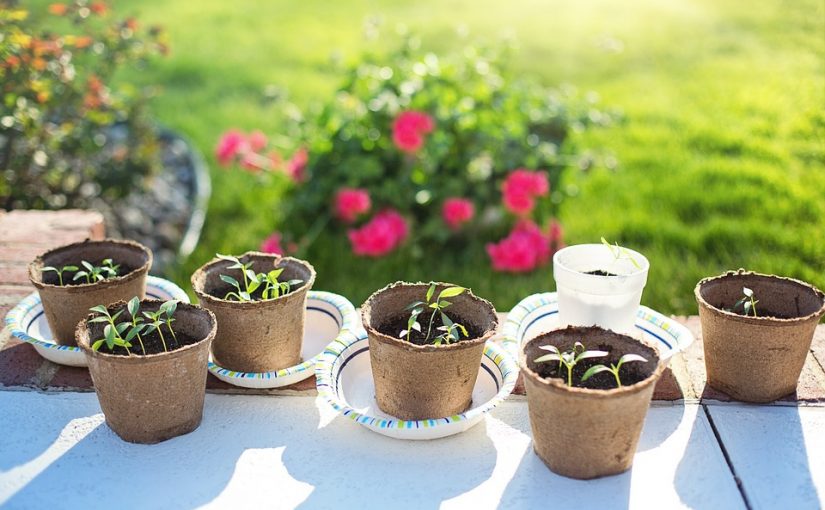Essentially, sprouts are soaked and germinated grains, seeds, or nuts that are full of vital enzymes, vitamins, and amino acids. Sprouting seeds or nuts are easy to grow at your school’s lab with minimal equipment, and can also be a fun science experiment!
Some of the common seeds that you can sprouts include:
• Mung Beans
• Alfalfa
• Sunflower Seeds
• Broccoli Seeds
• Pumpkin Seeds
• Lentils
• Chia Seeds
• Red Clover Seeds
As a guide, you should note that some seeds such as pecans and walnuts do not sprout and some beans (like Kidney beans) should never be eaten sprouted.
Tools You Need
There are equipment that are particularly designed for sprouting. They make the process easier and allow for more and fast growth. Nonetheless, even with these special equipment, you can still grow sprouts as all you need include:
• A wide mouth mason jar
• Sprouting lid or cheesecloth and a rubber band
• A box or bowl to help your jar stand upside down
• Organic sprouting seeds
The Process
• Wash and sterile all the equipment that you need
• Put the seeds you plan to sprout into the jar (1/4 cup for beans and lentils or about 1 teaspoon of small seeds like broccoli or alfalfa).
• Cover with a cup of filtered water and put the cheesecloth or lid over the jar.
• Allow the seeds to soak for about 12 hours. Alternatively soak overnight.
• After 12 hours (or in the morning), strain off the water. You can easily do this with a sprouting lid. When you are using cheesecloth, strain the strainer and return your jar.
• Rinse it with water and drain again
• Place the jar in an upside-down position but at a slight angle so that excess water can be drained off and to allow air to get it. A medium-size bowl or dish rack is perfect for this.
• Re-rinse your sprouts several times a day with filtered water. Every time you rinse the sprouts, strive to return the jar in tilted position.
• Your seeds will begin to sprout in 1-2 days, and the sprouts will be ready for harvesting on 3-7 days.
• When you are done with the process, rinse the sprouts in cool, filtered water and store them in a container (preferably in the fridge) for up to 1 week.
Sprouting boosts the nutrient content of seeds, grains, nuts, and legumes, and makes them easier to digest. By growing and presenting them in Agriculture or Science shows in schools, you can expose your fellow students to a straight-forward way of having fresh and nutritious foods throughout the year.
